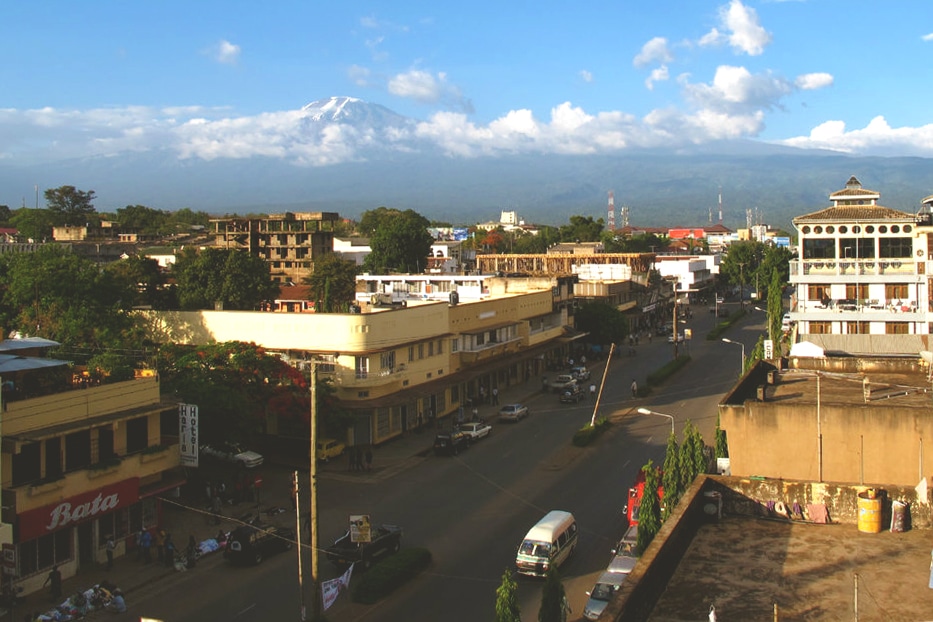CBT II

-
Global, national and local leaders are struggling to find care solutions for the estimated 143,000,000 children worldwide who have had at least one parent die (hereafter defined as orphans). South and east Asia have the largest number of orphans (72,000,000); estimates for Africa indicate that 12% of all children on the continent will be orphaned by 2010. High mortality among young adults from conditions such as malaria, tuberculosis, pregnancy complications, HIV/AIDS and natural disasters are responsible for the large and increasing number of orphans. A common demographic characteristic of orphans across southern and eastern Africa and the “new” epidemic found is that the rates of orphanhood increase with age. Millions more children are abandoned and in need of supportive living environments because their biological parents are not able to provide food, shelter and safety; are forced to leave their children to seek employment elsewhere; or are mentally or physically unable to care for children. The magnitude of the OAC crisis demands that safe and sustainable care options be identified quickly and systematically.
The focus of this longitudinal research of children starting ages 6 to 12 is to examine the influence of life events, placement, caregiver characteristics, and cultural setting on the children’s:
- behavioral and emotional adjustment;
- learning and development; and
- health outcomes.
The study can tell us much about the lives being currently lived by orphaned and abandoned children (OAC) in less wealthy nations most affected by the new OAC epidemic and what characteristics are associated with better outcomes for the children. The ultimate goal of the POFO research study is to provide additional evidence to local communities, policymakers, and funding agencies regarding a range of optimal and feasible care options for OAC ages 6 and above in less wealthy nations.
-
-
Principal Investigator: Kathryn Whetten
-
CHPIR Staff: Nathan Thielman, Jan Ostermann, Amy Hobbie, Andrew Weinhold, Leonard Ng'Eno, Rachel Whetten, Karen O'Donnell, Christine Gray, C. Micha Belden, Hy Huynh
-
Partners: ACE Africa - Kenya, Meahto Phum Ko'mah (Homeland), Stand for Vulnerable Organization, Sahara Centre for Residential Care and Rehabilitation, Tanzania Women Research Foundation, University of North Carolina at Chapel Hill
-
-
- Funder: NIH - National Institute of Child Health and Human Development
- Project Dates: 11/1/03 - 1/31/17